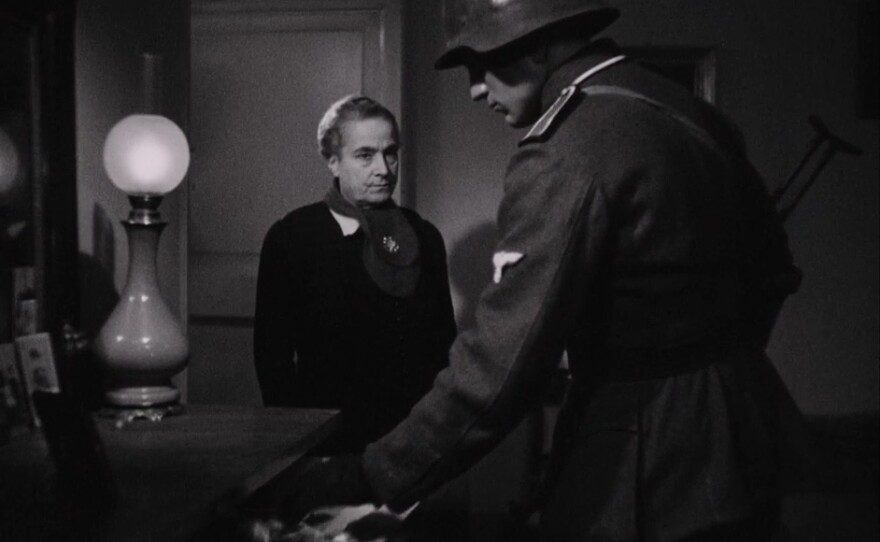California State University San Marcos history professor wrote an article in 2016 entitled "Donald Trump Is No Mussolini But Liberal Democracy Could Still Be In Danger."
Now, as Trump is up for re-election, she revisits the potential threats she sees to democracy.
Kimber Quinney teaches history at CSUSM and described her field of study as: "The history of U.S. foreign relations. So I'm very interested in the ways in which the United States relates to the rest of the world. I teach about the history of the presidency as well, so I count myself as a political historian. But my focus is U.S.-Italian relations. That's my doctoral research, and I'm particularly interested in the ways in which Italians resisted fascism."
In regards to her 2016 article, Quinney said, "Let me just point out, first and foremost, and as an historian, I'm hesitant to use the word fascism to describe contemporary politics, either globally or in the United States. And and that's because, in my mind, that fascism originated in Italy and a specific place and a specific time — 1922. And what became Mussolini's version of fascism was very different to Hitler's version of Nazism, and in my mind, to the dictatorial regimes that we're seeing in the 21st century."
That said, as a history professor she also knows that we can learn from the past and from Italy in the 1920s and 1930s in particular.
"There are some trends in Italy in the 1920s that gave rise to fascism that resonate," Quinney said as we discussed her article from the vantage point of this year's presidential election. "I think the conditions that the Italians at the time in the 1930s warned about are similar to those that we're experiencing in 2020 and in particular, one of the messages that the refugee scholars brought with in regard to the Italian experience was that fascism thrives in chaos. Fascism thrives in conflict."
One of the refugee scholars she studies is Max Ascoli, a Jewish-Italian refugee who described a fascist technique of intentionally and strategically creating constant social unrest, endless political insecurity.
"And he describes it as, 'the cost of politics,'" Quinney said. "What he suggests is that the fascist regime was very focused in its efforts to break down a sense of national community. And the result was panicked individuals feeling harassed, feeling burdened by the divisions between and among them. And ultimately, according to Ascoli, Italians were reduced to being in conflict and as a consequence, the cost of politics, as he describes it, reached an unendurable level and ultimately, Italians were ready to accept what Ascoli called the 'fascist peace.'"
"Italian fascism was not caused by a coup or revolution, and it wasn't 'reactionary' in any regard whatsoever. In fact, it really came into being through bureaucracy, through through democratic legislation that existed in the state in Italy," Quinney said. "And so it was implemented through democratic structures and in fact, the fascist state leveraged laws and took advantage of democracy in Italy in order to push forward a very illiberal, undemocratic regime. So Mussolini used democratic tools to empty the nation of democratic goals. And I think that's important to be reminded that the system in which any given ideology is functioning is really important for us to pay attention to."
Quinney likes to remind her students that democracy needs to be defended and we all need to take an active part beginning with voting.
"So for me, when I remind my students as an historian, I want to remind them that the historical conditions can help us appreciate the environment that was created then, conditions that converged to to put democracy at risk," she said. "So if we can look not only at strengthening our democratic institutions and voting systems and really take a hard look at some of the conditions that are existing globally that are giving rise to an erosion of these democratic principles."
As the old adage goes, “Those who cannot remember the past are condemned to repeat it.”







